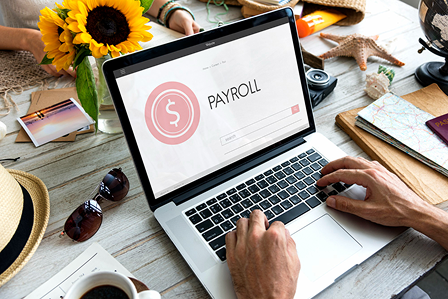What Exactly is Margin?
Guide beginners to understanding margin
What is Margin?
Above, we said “leverage” and “margin” are two terms that are often used interchangeably. This is true, but we should qualify it by explaining that the two do have slightly different meanings.
If you're searching for a margin meaning, this is the amount of money you'll need to open your position, while leverage is the multiple of exposure. If you'd like to know how to calculate margin, work out the size of your intended position and then divide this by the higher number.
Lots of brokers will have a margin calculator on their page, but this is usually easy enough to work out in your head. In the example we used above, our hypothetical broker wanted to trade £25,000 with leverage of 25:1. The margin formula they'd need to use would therefore be:
£25,000 / 25 = £1,000
Equally, if the leverage was 5:1, they'd have to put down £5,000 to manage the same size position. The formula in this instance would be:
£25,000 / 5 = £5,000
Essentially, this means you work out the margin in the following way:
Size of position / the higher figure in the ratio = the margin.
When buying on margin, the size of your deposit will depend on the leverage offered and the trading terms supplied by the broker. This payment is known as the “initial margin”. Margin requirements can differ widely depending on factors like the asset type, market, and risk involved.
How Does Margin Relate to Leverage?
We've largely covered this question above, but let us go into a little more detail here. Margin is, essentially, a special type of leverage that involves using existing cash or securities positions as collateral. This increases the trader's buying power.
This ability is not limitless. If traders have taken on too much risk, brokers may put them on a margin call or implement a stop-out.
Let's look at these two concepts individually:
Margin Call
A margin call occurs when an investor's balance and unrealised profit and loss are equal to their margin requirement. The broker will demand they deposit additional funds to bring their account up to the minimum value.
Stop-out
A stop-out, on the other hand, is the point where a trader's equity is equal to half their required margin. If you have trading positions open but lack the equity to cover these, the trading platform will automatically close them. This is implemented as part of the FCA's product intervention measures.



